We need a long-term plan to help the vulnerable, especially children, to adapt to life again and overcome the psychological trauma after the storm and flood.
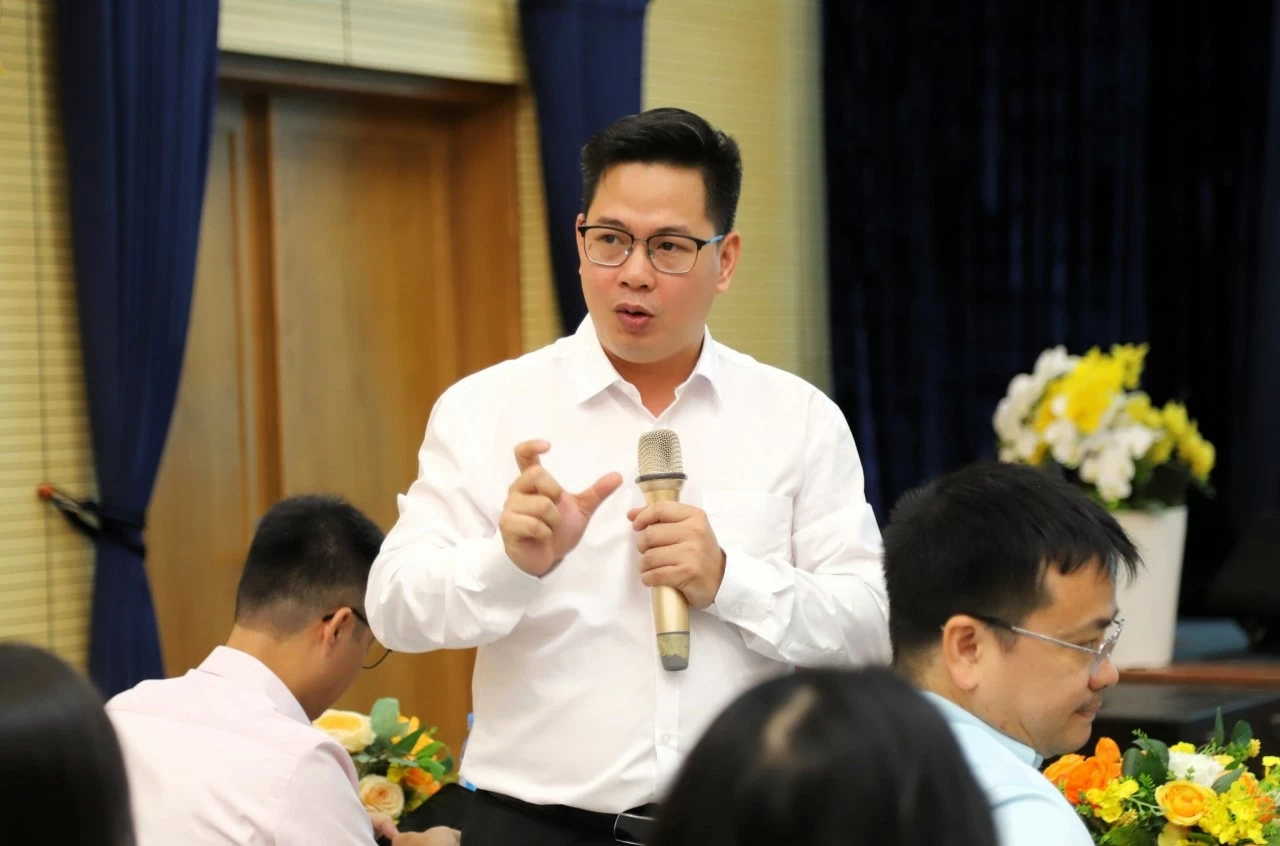 |
| Associate Professor, Dr. Tran Thanh Nam said that children can suffer serious injuries after natural disasters and floods. (Photo: NVCC) |
Many risks of psychological trauma in children after disasters
Sir, what negative psychological impacts are common in children after experiencing natural disasters such as storms and floods? And how long can these impacts last?
Children who experience natural disasters can suffer psychological trauma and develop post-traumatic stress disorder. The child may change the way they perceive the world and the people around them as dangerous, leading to difficulties in establishing normal relationships with others, including relatives. Over time, if the child is not supported, this psychological trauma can affect both the physiological functions and the structure of the brain.
Typically, signs of post-traumatic stress disorder can appear from one month to several years after the event. They are characterized by three groups of symptoms: intrusive memories of the traumatic event, including thoughts, images, and perceptions that appear repeatedly, and can appear as nightmares.
The second is avoidance behavior. The individual becomes withdrawn from thoughts, feelings, and conversations related to the event; forgets important memories of the event; loses significant interest in normal activities; and becomes withdrawn from activities, places, and people that trigger memories of the event. Many individuals feel socially isolated, unaccepted, and unloved, and feel that the future is being cut short.
What role do families and communities play in supporting children to overcome psychological difficulties after disasters?
Families and communities play a key role in helping children overcome psychological difficulties after a disaster. It is important to create a safe, stable environment where children feel protected and loved. Families need to maintain closeness, provide opportunities for children to share their feelings, and listen without judgment. This helps children not feel alone and isolated from those around them.
Communities can contribute by setting up support groups, creating community activities to help children integrate, and creating spaces for them to experience and overcome trauma. Organizations, schools and community groups can provide psychological counseling services, organize reintegration activities to help children regain confidence and a sense of security.
We also need professionals (social workers and psychologists) to conduct psychological first aid, monitor the current state of psychological manifestations in the first month, screen with specialized tools for classification and have specific preventive intervention programs.
What has Vietnam learned from other countries about providing psychological support to children after disasters?
From previous studies and experiences from other countries around the world, it has been shown that children at risk of being most severely affected by psychological trauma after natural disasters/catastrophes such as recent storms and floods will be the group whose parents have lost or lost the ability to support and regulate emotions after natural disasters/catastrophes.
Children are at high risk if their parents are unable to calm or soothe their children's reactions, or are even triggered by events that remind them of the disaster. In addition, if parents become dependent on others, have conflicts with each other, or are not available when the child needs them, the child's symptoms can become worse. Some parents become sensitive and overprotective. Parents themselves are also traumatized and project fear onto the child, which can also make the symptoms worse. Therefore, it is necessary to support children by regulating emotions and calming parents.
Supporting the needs of victims depends on the timeline of the disaster event. For example, immediately after the disaster occurs. The top priority is to meet the basic needs of people such as shelter, food, clean water, sanitation; provide medical services for the injured; communicate to understand the event, existing services, fight against fake news that causes panic and anxiety. Help individuals connect and communicate with relatives, they are fully informed and have opinions on important decisions related to them.
The next stage may be the monitoring and assessment phase for mental health issues. It is important to support vulnerable groups, especially children. Often adults underestimate children's experiences of natural disasters. We often believe that we should protect children from sadness by not talking about or discussing issues related to natural disasters. Sometimes parents themselves minimize or avoid talking about their own pain. However, this only makes the child more confused, bewildered and anxious.
For preschool children, guidance and support from parents is most important. It is necessary to ensure that children are fully informed about natural disasters to avoid misunderstandings and increase understanding, reduce sensitivity, reduce uncertainty about the situation, thereby creating a sense of security for them. Adults should try to maintain their daily activities, even treat them as normal, do not become too sad.
For children of primary and secondary school age, it is necessary to communicate correctly about the extent of natural disasters and catastrophes, not to exaggerate them. Support children to normalize some manifestations of anxiety or reactions of post-traumatic stress disorder. Use group psychological pressure to encourage resilience and toughness through collective activities. Ensure attention and encouragement from the family for children. Remember, children often cope well if parents communicate and share information with them about what happened clearly and support them to process it based on their own experiences.
For children who have witnessed the death of a loved one right in front of them, other members should not avoid it, but talk to them about the deceased with respect. Organize memorial activities for children, maybe give them mementos of the deceased, encourage them to express their feelings for the deceased through diaries and handwritten letters. Encourage children to adjust their pain when thinking about the deceased by asking them if they think the deceased wanted to see them suffer like that.
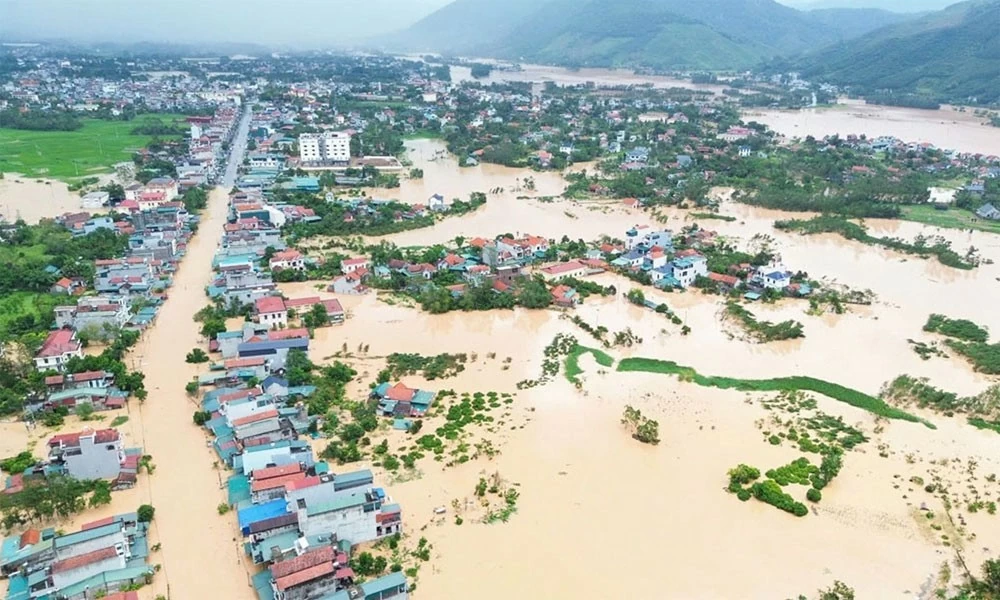 |
| Flooding in An Chau town (Son Dong). (Source: Bac Giang Newspaper) |
To help the disadvantaged adapt to life again
In your opinion, what are the biggest challenges in providing psychological support to children after floods in Vietnam? And what solutions do we need to overcome these challenges?
Perhaps the biggest challenge in providing psychological support to children after floods in Vietnam is awareness. It seems that our society is only focusing on charitable activities to provide material and financial support, but not much attention to spiritual issues.
Not many people think that volunteering and providing professional support is equally important and valuable. We do not see clearly that, in addition to the material needs that will be needed immediately after a natural disaster, we need a long-term plan to help the vulnerable, especially children, to adapt to life again and overcome psychological trauma.
Many people still have the prejudice that having a mental problem means a lack of will, lack of courage, laziness and making excuses. This makes many people who are having psychological difficulties after natural disasters not dare to express and share to seek help.
Therefore, the media needs to step in to raise public awareness of the risks of mental health damage after natural disasters. Promote personal mental health hygiene, educate parents and adults on the right ways to normalize and support psychological trauma in children.
What is the school's responsibility in detecting and providing early support for psychological problems in children after a disaster?
Schools and teachers play a pivotal role in early detection and timely support of psychological difficulties that arise in students after natural disasters. Teachers and school health workers, as well as school administrators in areas severely affected by natural disasters, need to be trained in psychological first aid, identification and support of psychological problems after natural disasters. Schools themselves will also need to implement a system for assessing and screening students' psychological well-being so that they can promptly detect and intervene before things get out of hand.
After a disaster, schools must be made into safe environments where everyone feels cared for, loved and protected. Teachers should facilitate the children to share their feelings with each other to normalize them and thereby reduce anxiety and stress.
Use art, drama or sports activities to help children express their emotions and release them. For schools with psychological counseling teams, this is an opportunity to assess and plan direct psychological support for students through specialized talks, guidance on relaxation skills and emotional control. The psychology department can also be a focal point to cooperate with social organizations, psychologists and health agencies in the community to mobilize resources and social networks to support children after a disaster.
Where possible, schools should integrate mental health care content and skills to cope with intrusive memories, anxious emotions and avoidance behaviors (manifestations of post-traumatic stress disorder) into school extracurricular activities, normalizing children's psychological reactions after disasters.
It can be said that the responsibility of the school does not stop at providing knowledge but also has to ensure that students are supported psychologically, especially after disasters that cause stress and mental trauma.
In addition to psychological support, what can we do to help children better prevent and cope with unpredictable situations and incidents in the future?
In addition to psychological skills, we can contribute to educating children on basic life skills and survival skills when facing dangerous situations, disasters, storms, floods, earthquakes, and ways to protect themselves and contact searchers.
Families and schools need to educate children about how to plan and respond in emergency situations, control emotions to stay calm, strategies for finding safe shelters and how to escape when an incident occurs.
In everyday situations, it is necessary to train children in problem-solving skills and decisive decision-making in dilemmas, analyze problems and choose actions responsibly.
In terms of public health intervention, immediately after an incident like this occurs, there is a need for research to assess the current state of mental health damage after storms and floods and the need for psychological support. At the same time, training on psychological first aid and evaluating the effectiveness of psychological first aid support activities for the people is needed.
Thank you!
Source: https://baoquocte.vn/pgs-ts-tran-thanh-nam-can-ke-hoach-dai-hoi-giup-tre-em-thich-nghi-tro-lai-cuoc-song-sau-bao-lu-286862.html




![[Photo] Nhan Dan Newspaper launches “Fatherland in the Heart: The Concert Film”](https://vphoto.vietnam.vn/thumb/1200x675/vietnam/resource/IMAGE/2025/10/16/1760622132545_thiet-ke-chua-co-ten-36-png.webp)



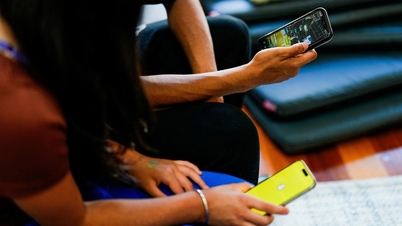





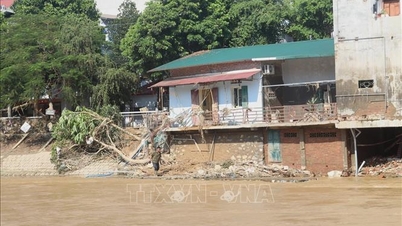
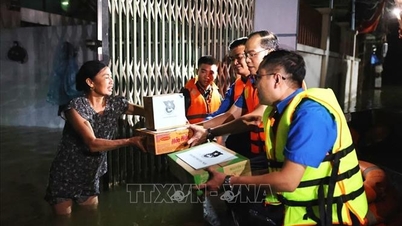
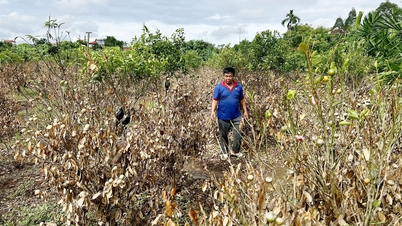

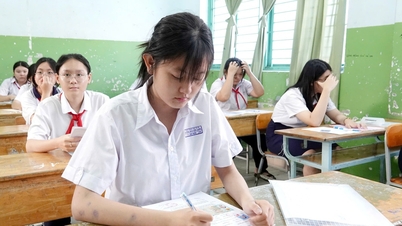













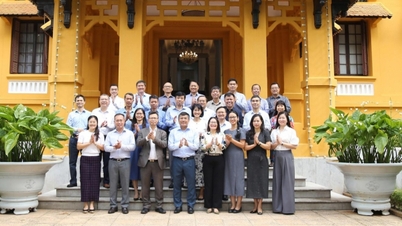



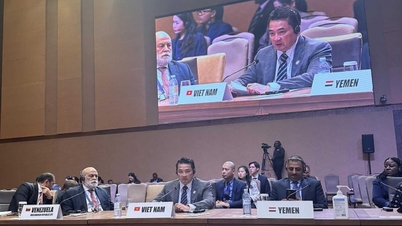
![[Photo] General Secretary To Lam attends the 18th Hanoi Party Congress, term 2025-2030](https://vphoto.vietnam.vn/thumb/1200x675/vietnam/resource/IMAGE/2025/10/16/1760581023342_cover-0367-jpg.webp)
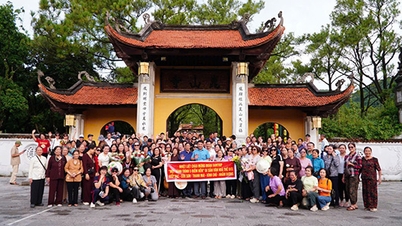


























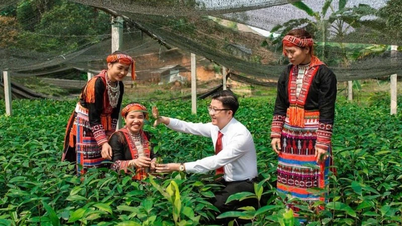
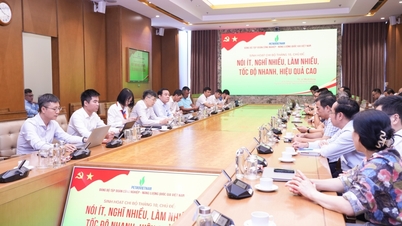








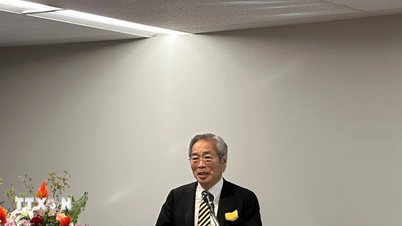
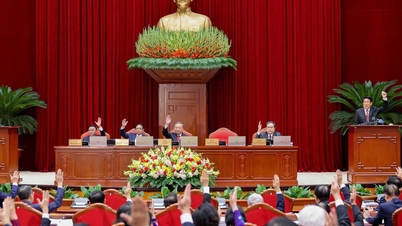
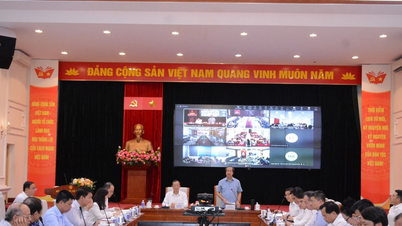

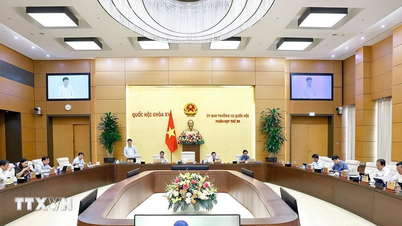







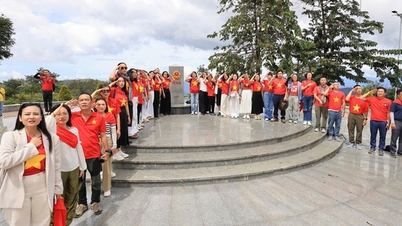





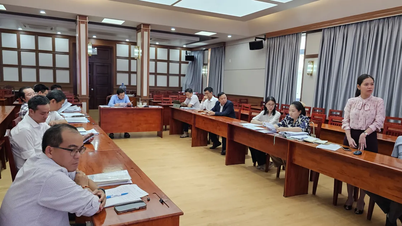




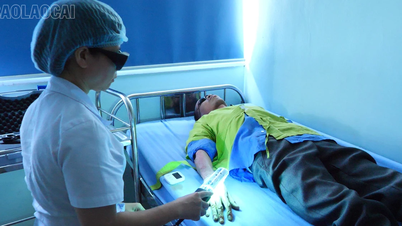













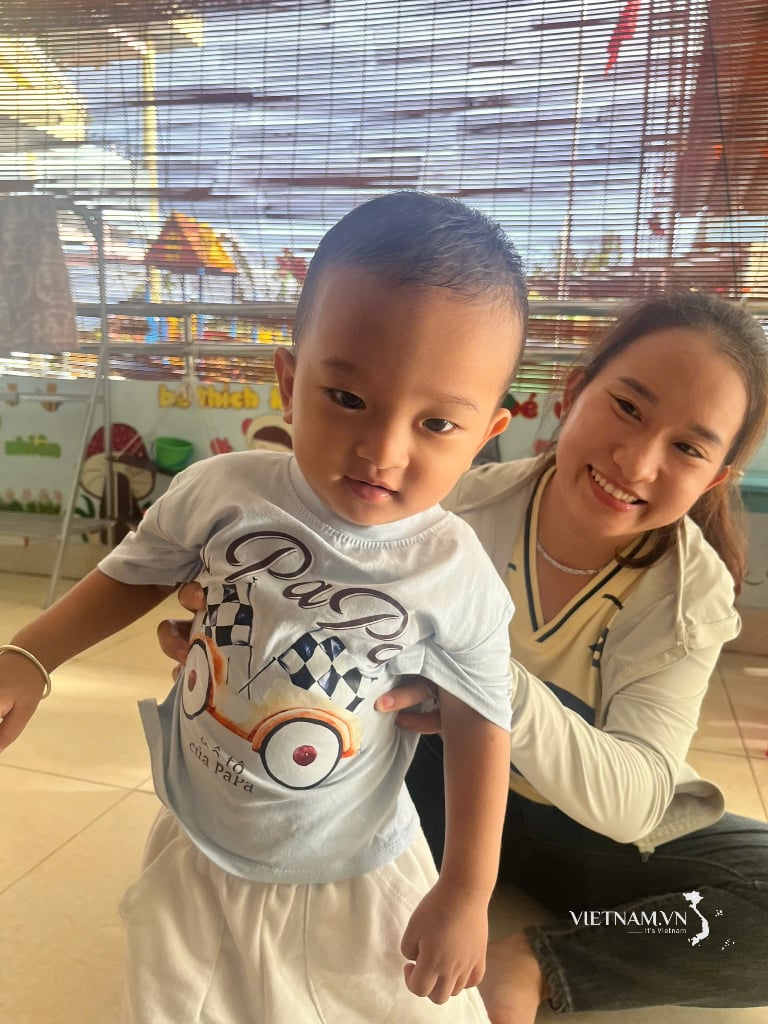
Comment (0)